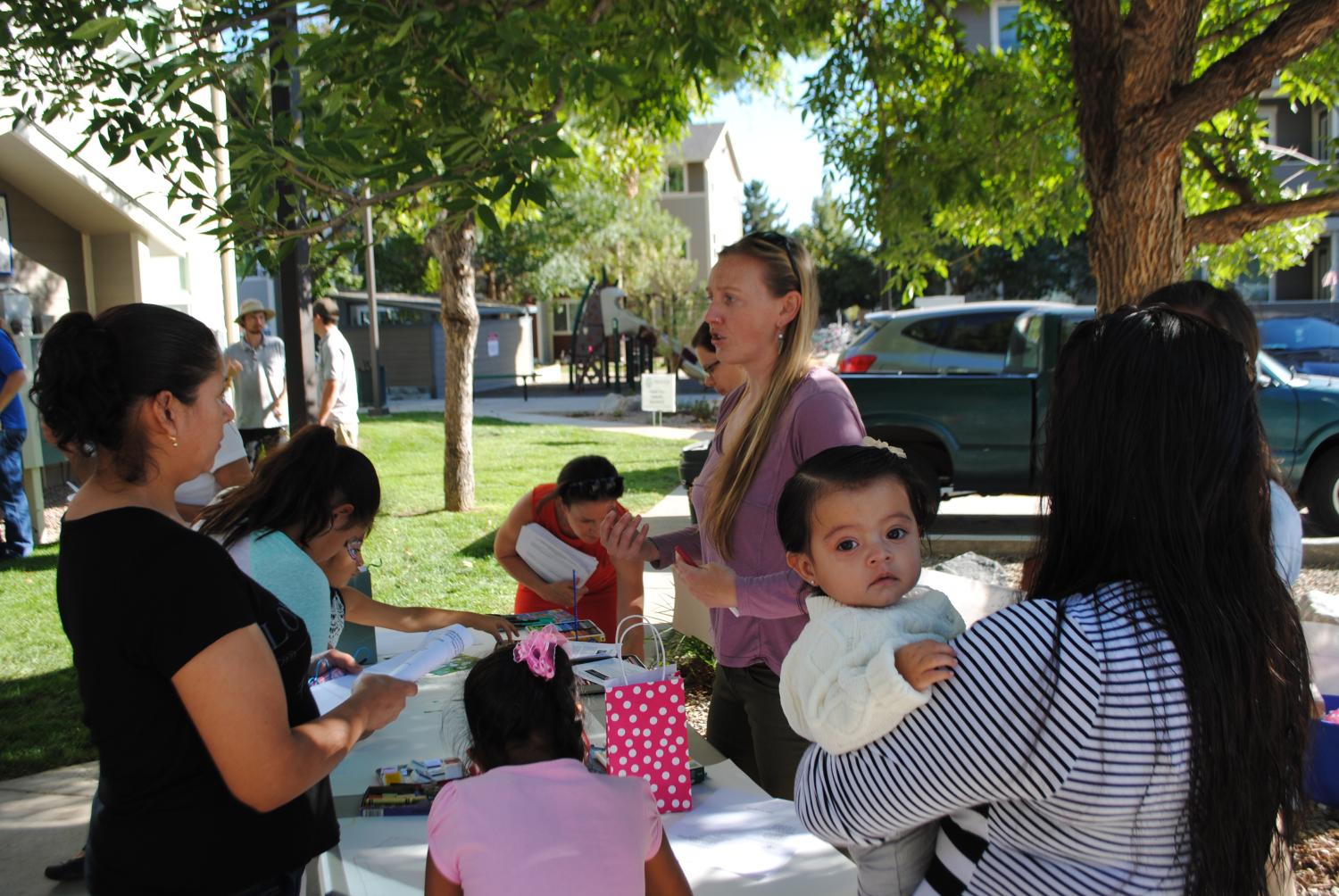Research
The Boulder Affordable Housing Research Initiative is an ongoing study initiated in July 2015 conducting comprehensive and collaborative research on affordable housing in Boulder County. The project gathers and shares data with a diverse array of affordable housing organizations and local stakeholders. Affordable housing issues are currently being addressed by a number of diverse groups and individuals throughout the county. This project is working with multiple organizations and residents to incorporate various perspectives and synthesize a comprehensive and encompassing understanding of different efforts, opportunities, and initiatives focused on affordable housing. Access to affordable housing in Boulder varies considerably between and within different stakeholder groups, and affordable housing organizations, such as Thistle Communities, depend on housing data to shape their work plans. The research design for this project incorporates collection of qualitative data and analysis of both qualitative and quantitative data including GIS-mapping, historical data and census information, as well as workshops, focus groups and interviews with multiple constituents. These methods provide the necessary information and data requested and needed by different community groups. In addition to conducting collaborative research with local organizations, this project is actively including individuals currently seeking affordable housing in Boulder, especially unrepresented or under-represented groups. Using these methods, the research team will provide broader understanding of how the Boulder housing market has shifted, how has had an impact on affordable housing access and what is being done to improve affordable housing options.

Research Methods:
This research project draws on both qualitative and quantitative data drawn from participant responses and informational databases. Qualitative methods include interviews, oral histories, and participant observation, which offer insight into the deep and multiple experiences of Colorado residents seeking, caring about, and living in affordable housing. Quantitative analysis includes surveys and GIS mapping of neighborhoods and affordable housing locations, as well as statistical data collected from Census and other state information databases.
Interviews
Researchers are interviewing a wide variety of Boulder County residents, public representatives, and activists. This includes representatives from the Boulder municipal housing coalition, Thistle Communities, Boulder Housing Partners, the Boulder Co-Operative Housing Coalition, Boulder homelessness advocates and political interest groups such as Better Boulder, One Boulder, and Plan Boulder. In addition to community leaders and organization representatives, interviews collect views and narratives from homeless individuals, elderly Boulder residents, market rate and subsidized homeowners, residents of affordable and subsidized housing, recipients of emergency family assistance, police officers, and zoning enforcement officials. We are currently focusing on racial justice and discrimination in housing.
Oral Histories
Researchers have partnered with the Maria Rogers Oral History Program at the Boulder Carnegie Library for Local History to design an oral history project focused on residents’ experiences of housing in Boulder County. Researchers and undergraduate research assistants have been trained as volunteers with the library, and collect oral histories from participants that are transcribed and archived in the Boulder Public Library system. Oral histories complement interviews and participant observation by centering the individual as the narrator of her own story and by reducing intervention or prompting by the researcher. Publicly archived oral histories allow the research team to gain deeper contextual understanding of Boulder residents views and narratives on terms rather than on our own.
Participant observation
Researchers participate in ongoing public community meetings and events focused on affordable housing and related issues in Boulder. These events include Boulder comprehensive plan meetings, development meetings, Boulder City Council hearings, and activist events hosted by homeless advocates. The researchers also participate in senior citizens gatherings, Thistle Community events, co-operative housing events, and other events in Boulder County related to housing access and affordability.
Textual and visual analysis
Boulder County's media is a key source of data for this project. The research team is searching, organizing, and coding news articles related to housing, development, co-operatives, and other relevant topices from the archives of Boulder's Daily Camera newspaper. Analyzing the content of these articles provides insight into the discourses shaping debates over housing issues such as zoning and affordable housing development. Textual and visual analysis addresses the politics of representation of housing in Boulder, while also identifying reoccurring themes within different group narratives and their underlying themes.
GIS mapping
Pairing GIS mapping with qualitative data enriches both the scope and depth of this research project. Researchers are mapping the changing landscape of housing in Boulder, specifically the location of affordable housing developments over the course of Boulder's history, alongside oral history data from Boulder's elder residents in order to gain a deeper understanding of how housing issues have shifted over time and through space.

